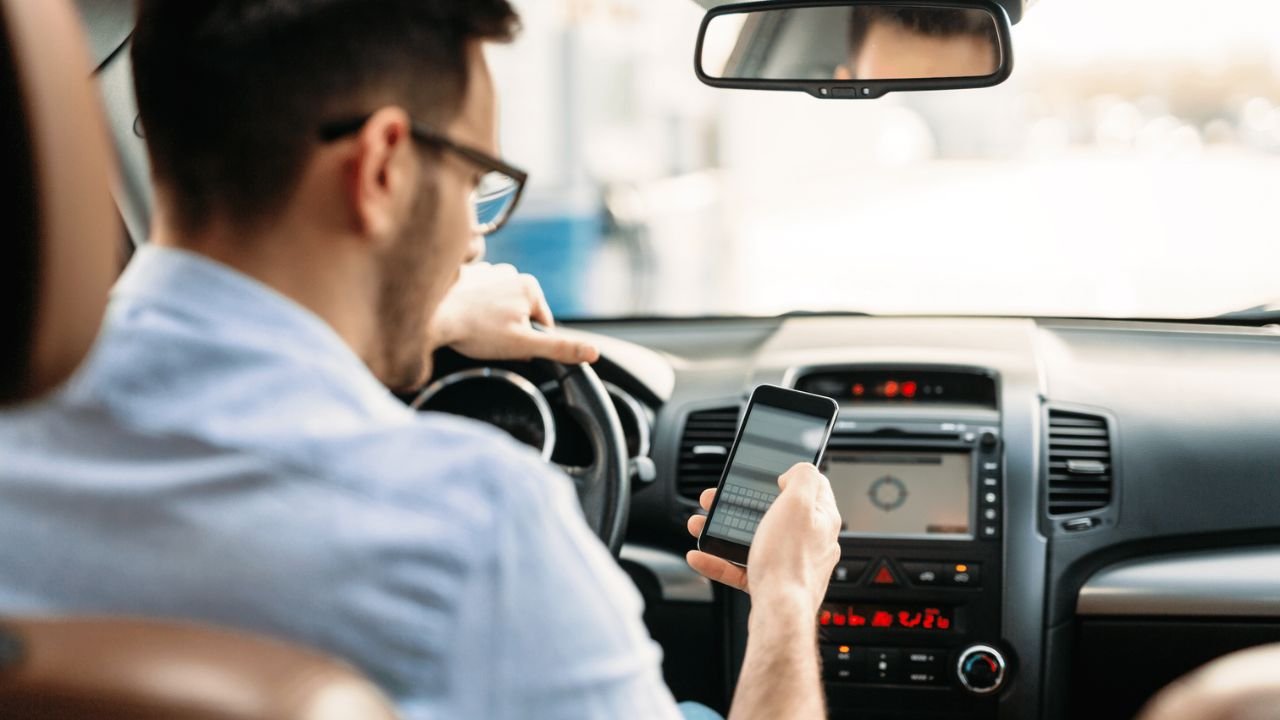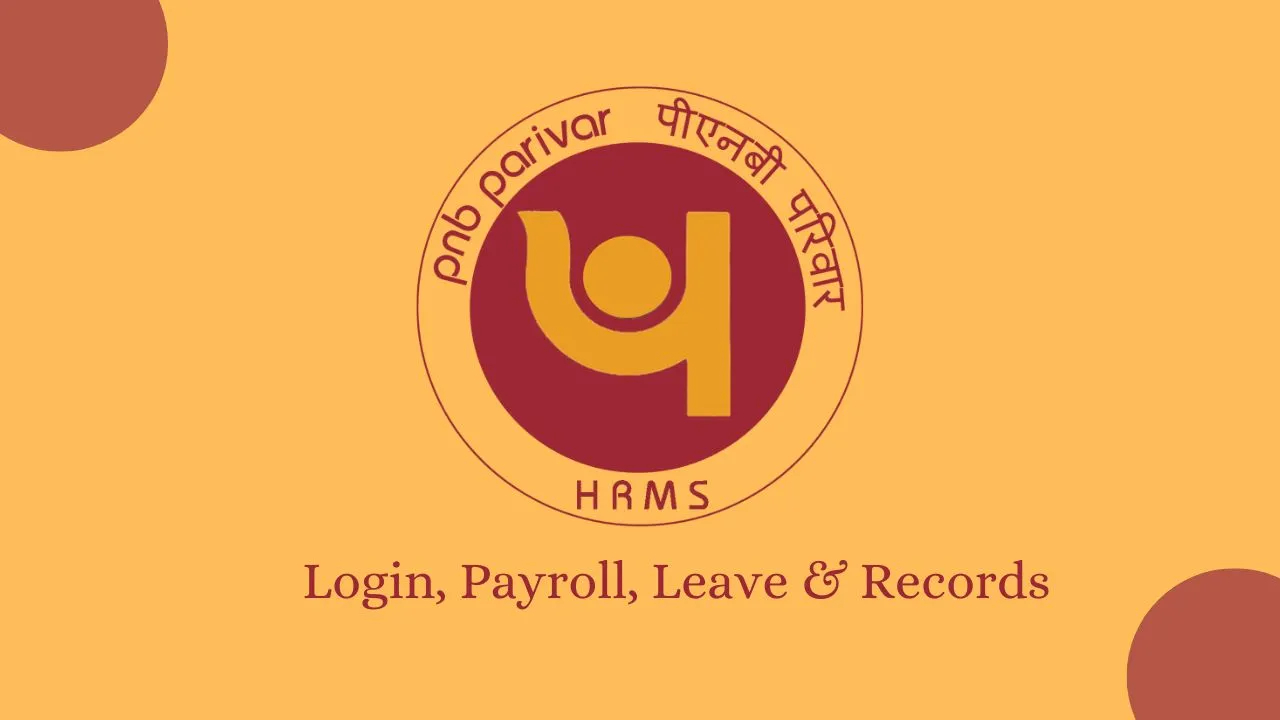Driving requires complete attention and focus, but distractions are everywhere. Whether it’s checking your phone, adjusting the radio, or engaging in deep conversations with passengers, anything that takes your eyes off the road—even for a few seconds—can be dangerous. According to the National Highway Traffic Safety Administration (NHTSA), distracted driving is a leading cause of car accidents. To stay safe, it’s essential to recognize common distractions and learn how to avoid them.
Understanding the Three Types of Driving Distractions
Driving distractions typically fall into three categories:
- Visual distractions – Anything that takes your eyes off the road (e.g., looking at a text message, GPS screen, or scenery).
- Manual distractions – Activities that cause you to take your hands off the wheel (e.g., eating, adjusting the radio, or reaching for an object).
- Cognitive distractions – When your mind is not focused on driving (e.g., daydreaming, stress, or deep conversations).
Many distractions combine these elements, making them even more dangerous. For example, texting while driving involves all three types of distraction.
Common Driving Distractions and How to Avoid Them
1. Cell Phone Use
Why It’s Dangerous: Texting, calling, or even glancing at notifications diverts your attention, increasing the risk of accidents.
How to Avoid It:
- Put your phone on “Do Not Disturb” mode while driving.
- Use hands-free options for calls if necessary.
- Keep your phone out of reach to resist the temptation of checking messages.
2. Eating and Drinking
Why It’s Dangerous: Holding food or drinks can cause you to take your hands off the wheel, and spills can create sudden distractions.
How to Avoid It:
- Eat before you start driving or pull over if necessary.
- If you must drink a beverage, use a spill-proof container and avoid hot liquids.
3. Passengers and Conversations
Why It’s Dangerous: Engaging in deep conversations, managing children, or even laughing too hard can take your mind off the road.
How to Avoid It:
- Set boundaries with passengers, letting them know you need to focus.
- If traveling with children or pets, ensure they are secure before driving.
- Avoid emotionally charged discussions while behind the wheel.
4. Adjusting the Radio, GPS, or Climate Controls
Why It’s Dangerous: Fiddling with controls takes your hands and eyes off the road, even if only for a second.
How to Avoid It:
- Set your GPS, music, and climate controls before you start driving.
- Use voice commands or steering wheel controls if available.
5. Daydreaming and Fatigue
Why It’s Dangerous: Zoning out or being drowsy slows reaction times and impairs judgment.
How to Avoid It:
- Get enough rest before driving.
- Take breaks on long trips to stay alert.
- If you feel sleepy, pull over in a safe location and rest.
6. External Distractions (Billboards, Accidents, Scenery)
Why It’s Dangerous: Looking at something outside the car diverts your eyes from the road.
How to Avoid It:
- Keep your eyes focused on the road ahead.
- If an accident occurs nearby, continue driving cautiously without rubbernecking.
- Avoid unnecessary distractions like reading billboards or people-watching.
7. Grooming and Makeup Application
Why It’s Dangerous: Applying makeup, shaving, or fixing hair takes both hands and focus away from driving.
How to Avoid It:
- Finish grooming before you leave home.
- If you need to touch up your appearance, wait until you arrive or park safely.
Practical Tips for Staying Focused
- Use Safe Driving Apps: Some apps can block notifications while you drive, reducing the temptation to check your phone.
- Adopt the 100% Rule: Commit to keeping both hands on the wheel and your eyes on the road at all times.
- Encourage Responsible Driving: If you’re a passenger, offer to assist with navigation or calls so the driver can focus.
- Take Defensive Driving Courses: Learning advanced techniques can improve your awareness and reaction time.
In Conclusion
Distracted driving poses a serious danger, but by staying aware and disciplined, you can keep your attention where it matters most—on the road. Avoiding distractions, remaining vigilant, and making responsible decisions can help prevent accidents and keep everyone safe. However, if you or a loved one has been involved in an accident due to distracted driving, consulting a car accident lawyer in Utah can help you understand your legal options. Remember, no text, snack, or conversation is worth risking a life. Stay focused and drive safely!



